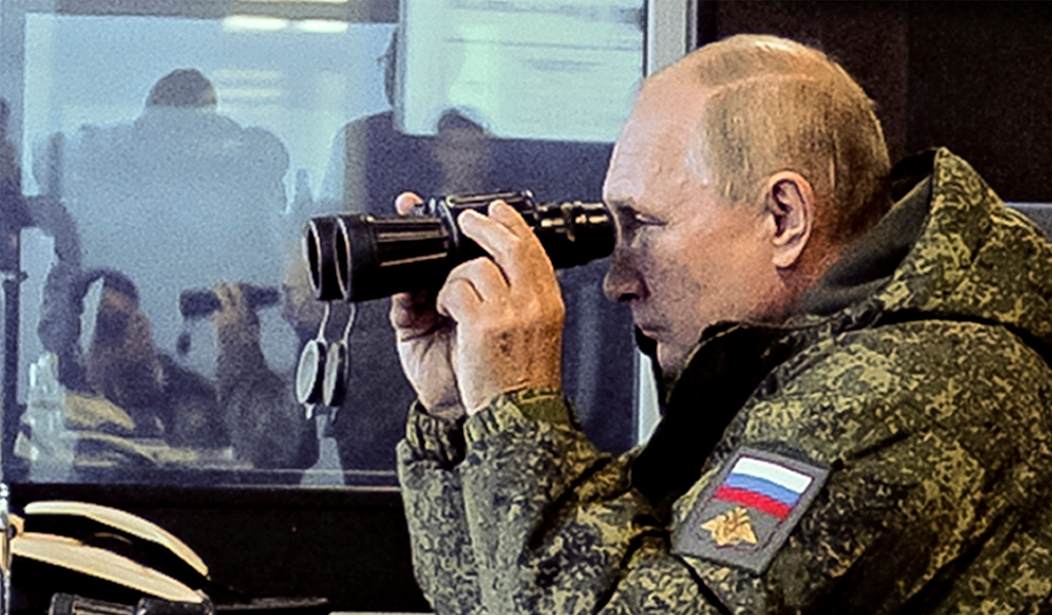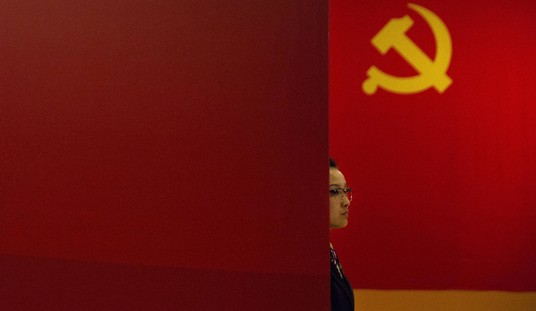I’m old enough to remember when the NATO allies said that they wouldn’t buy any of Russia’s oil as punishment for Mad Vlad’s decision to invade Ukraine. Apparently, that form of economic warfare backfired significantly, eventually doing more damage to the European economy (and America’s) than it did to Russia’s. The latest version of this fiscal assault came when the G7 announced that they would be putting a “price cap” on Russian oil, eventually settling on a top value of $60 per barrel. Predictably, the Russians looked at that announcement and immediately said it wasn’t going to fly. I still find myself wondering who actually cooked up this idea in the first place. (Associated Press)
Russian authorities rejected a price cap on the country’s oil set by Ukraine’s Western supporters and threatened Saturday to stop supplying the nations that endorsed it.
Australia, Britain, Canada, Japan, the United States and the 27-nation European Union agreed Friday to cap what they would pay for Russian oil at $60-per-barrel. The limit is set to take effect Monday, along with an EU embargo on Russian oil shipped by sea.
Kremlin spokesman Dmitry Peskov said Russia needed to analyze the situation before deciding on a specific response but that it would not accept the price ceiling. Russia’s permanent representative to international organizations in Vienna, Mikhail Ulyanov, warned that the cap’s European backers would come to rue their decision.
Meanwhile, Volodymyr Zelenskyy (we’re apparently spelling it with two Y’s these days) predictably complained that the price cap didn’t go far enough. He feels that the price should be even lower, suggesting that a cap of $30 per barrel would “destroy the enemy’s economy faster.”
Feel free to call me a Putin apologist if you wish, but this idea never made any sense to me. How is anyone supposed to be able to put a “price cap” on products that they neither own nor control? That would be the same as if you pulled into a gas station and declared that five dollars per gallon is outrageous so you would only pay three dollars per gallon. The station manager would look at you like you had a screw loose and simply refuse to serve you. If you attempted to fill up your tank and give them less money, they would call the police and you would be arrested for theft.
As consumers, the west can either pay the price that the supplier sets or choose not to purchase the product. This really isn’t complicated. If the west boycotts Russian oil for long enough, the Kremlin may be forced into lowering its prices at some point, but the decision would still remain in Russia’s hands.
Also, the boycotts haven’t been working out very well anyway. Russia simply opened up new markets in nations that remain friendly to them, particularly China, North Korea, Iran, and a couple of other OPEC+ nations. It’s not that the various sanctions and boycotts haven’t had a negative impact on the Russian economy. They definitely have. But they failed to entirely implode the Russian federation quickly as some NATO members predicted.
At the same time, the ripple effect of removing the Russian Federation from most of the global supply chain has hurt the west nearly as much as it has the Russians. European countries are currently facing an energy crisis that could result in some Europeans literally freezing to death this winter. (Though that problem has been massively compounded by their own green energy policies as well.) It’s beginning to look as if NATO’s efforts to engage in economic warfare against Russia are turning out to be a case of cutting off our own nose to spite our face.








Join the conversation as a VIP Member